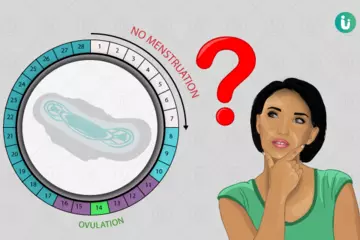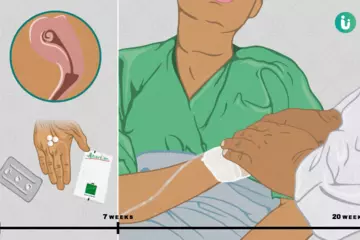What is a smoking addiction?
Smoking addiction refers to a physical dependence on nicotine that has continued for a long period of time. Though smoking mostly includes conventional cigarettes, nicotine-containing vapes, hookahs and shisha are believed to have an almost similar effect. These are handheld devices with a reloadable or single-use cartridge that produces vapours when heated. Due to heavy marketing as quit smoking aids, vapes are quickly becoming popular as a safe lifestyle choice among teens- in place of smoking. However, they are believed to act as a gateway to addiction later in life and have been a major concern for most countries all over the world.
What are its main signs and symptoms?
Although smokers feel that smoking makes them calmer initially, it can lead to several health issues such as cough, lung infections, cancer, and even death. As with any addiction, withdrawal symptoms such as the following can be seen when a person tries to quit smoking:
- Unusual sadness
- Feeling angry or irritated
- Inability to concentrate
- Reduced heart rate
- Increased appetite and weight gain
- Insomnia
What are the main causes?
Smoking addiction is mostly associated with mental and emotional disturbances. Some may start smoking to ward off stress; others may take it due to peer pressure. Once smoking begins, the body gets addicted to the nicotine and requires it in increasing quantities, leading to increased smoking. Thus, one becomes physically and emotionally dependent and ends up becoming an addict.
How is it diagnosed and treated?
Smoking addiction may be diagnosed by the physician by asking the history of the patient and symptoms from smoking addiction. Blood tests may be ordered and nicotine levels may be measured. Samples of urine, saliva, and hair may be taken for analysis.
Treatment
Various FDA-approved treatments are available to break the addiction cycle. Nicotine replacement therapies like gums or patches are usually prescribed by doctors for stopping the dependence on cigarettes.
Certain non-pharmacological methods like behavioural therapy may also help in quitting smoking along with medication therapy. Keeping oneself busy can help break the chain and get rid of smoking addiction. Counselling can help the person by teaching them to deal with stress in a better way.
However, despite the availability of all of these programs, it has been found that only 6% of smokers are able to quit smoking successfully.
Vaping or the use of E-cigarettes is yet another way that is believed to help curb smoking addiction. Though some people consider e-cigarettes, vapes and e-hookahs to be a safer alternative, equating them to medicines and drugs, unregulated use of these electronic nicotine delivery systems (ENDS) have similar, if not the same effects as that of conventional cigarettes. As opposed to the standard drug preparations, e-cigarette cartridges can have extreme variations in the amount of nicotine- add to it the variability of nicotine in every puff and liquid and these ENDS become highly unreliable. They are not approved by the Food and drug administration yet.
Non-nicotine vapes or flavoured vapes are no better. In various studies, the liquid in these vapes has been found to contain heavy metals and substances such as terpenes and aldehydes that negatively impacts the overall health of an individual, especially cardiovascular, respiratory and immune system.

 Doctors for Smoking Addiction
Doctors for Smoking Addiction  OTC Medicines for Smoking Addiction
OTC Medicines for Smoking Addiction
 Smoking Addiction articles
Smoking Addiction articles
 Home Remedies for Smoking Addiction
Home Remedies for Smoking Addiction

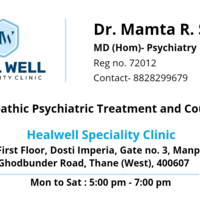




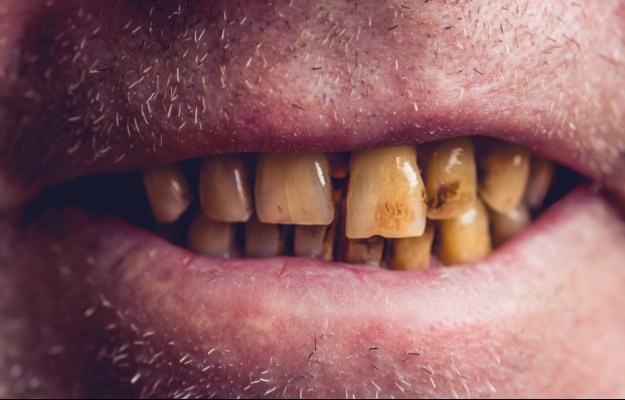
 Dr. Sonia Bhatt
Dr. Sonia Bhatt
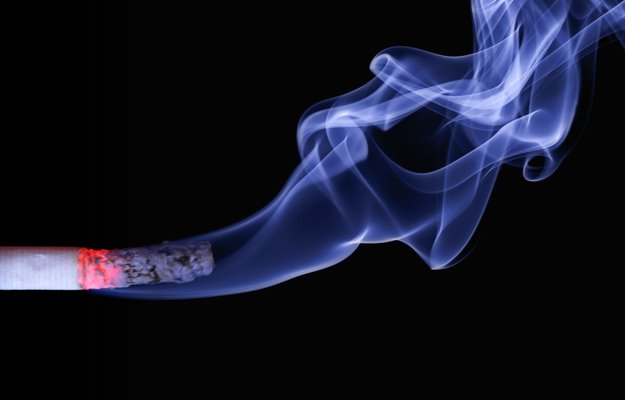
 Dr. Medhavi Agarwal
Dr. Medhavi Agarwal

